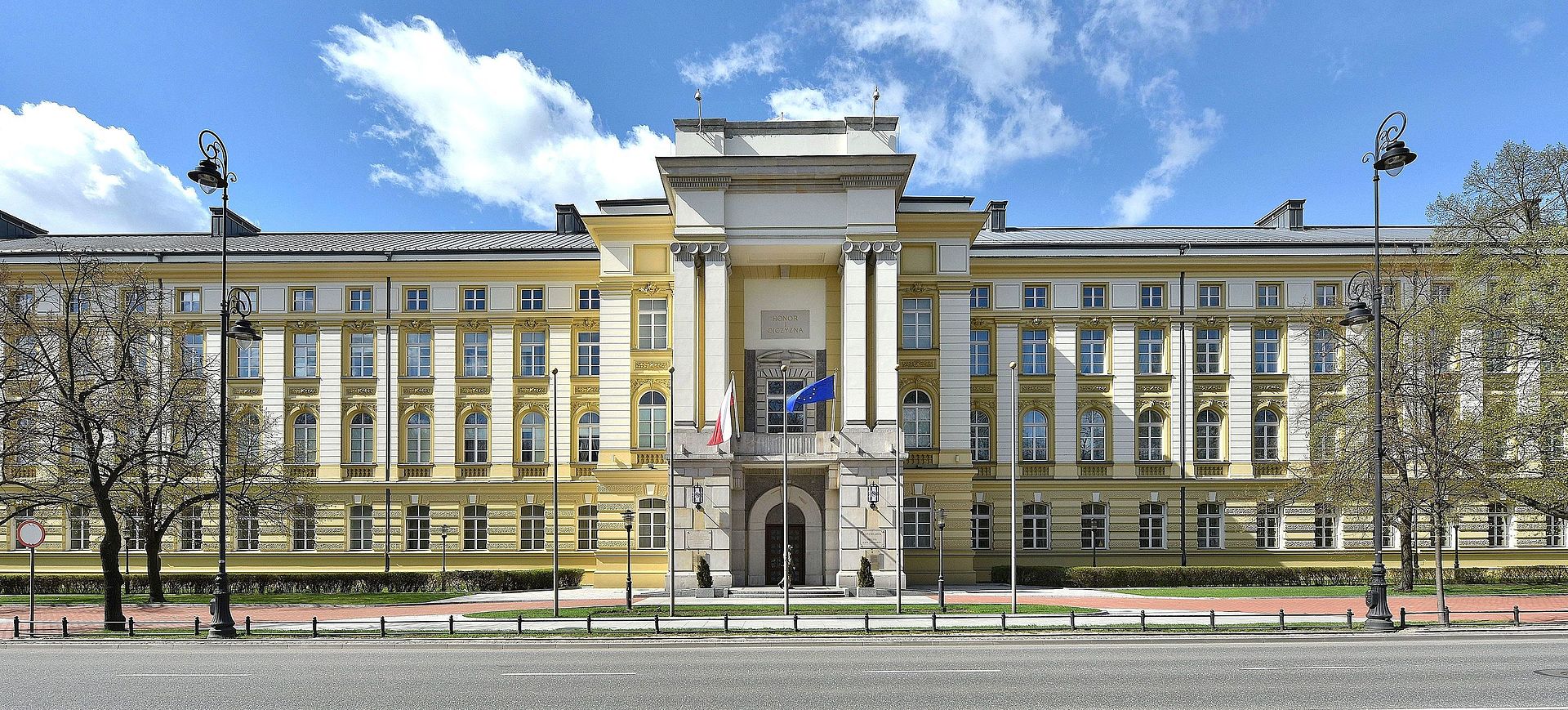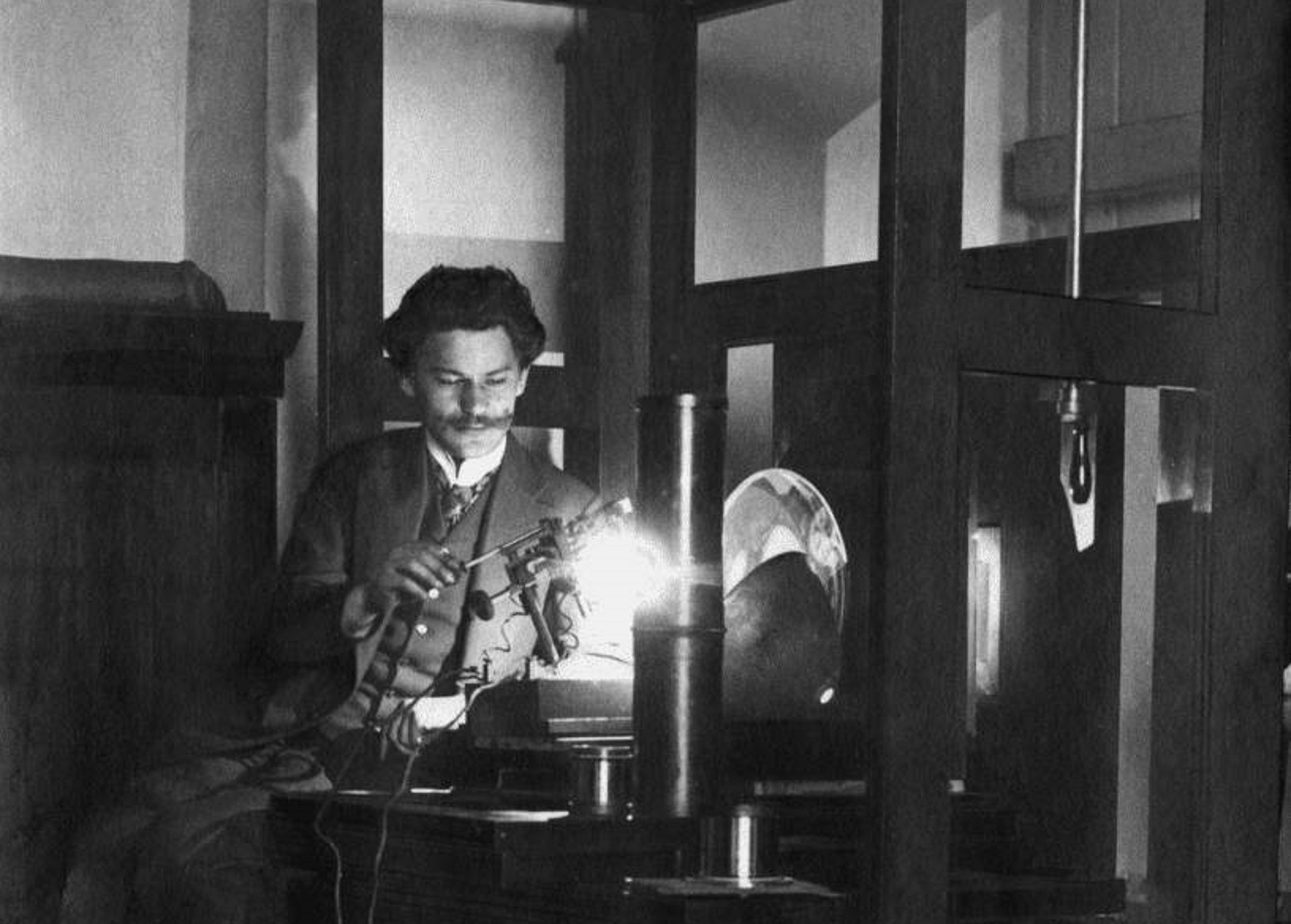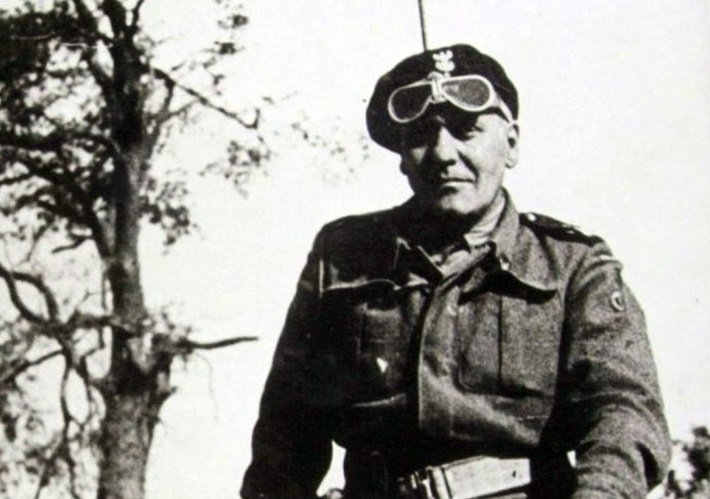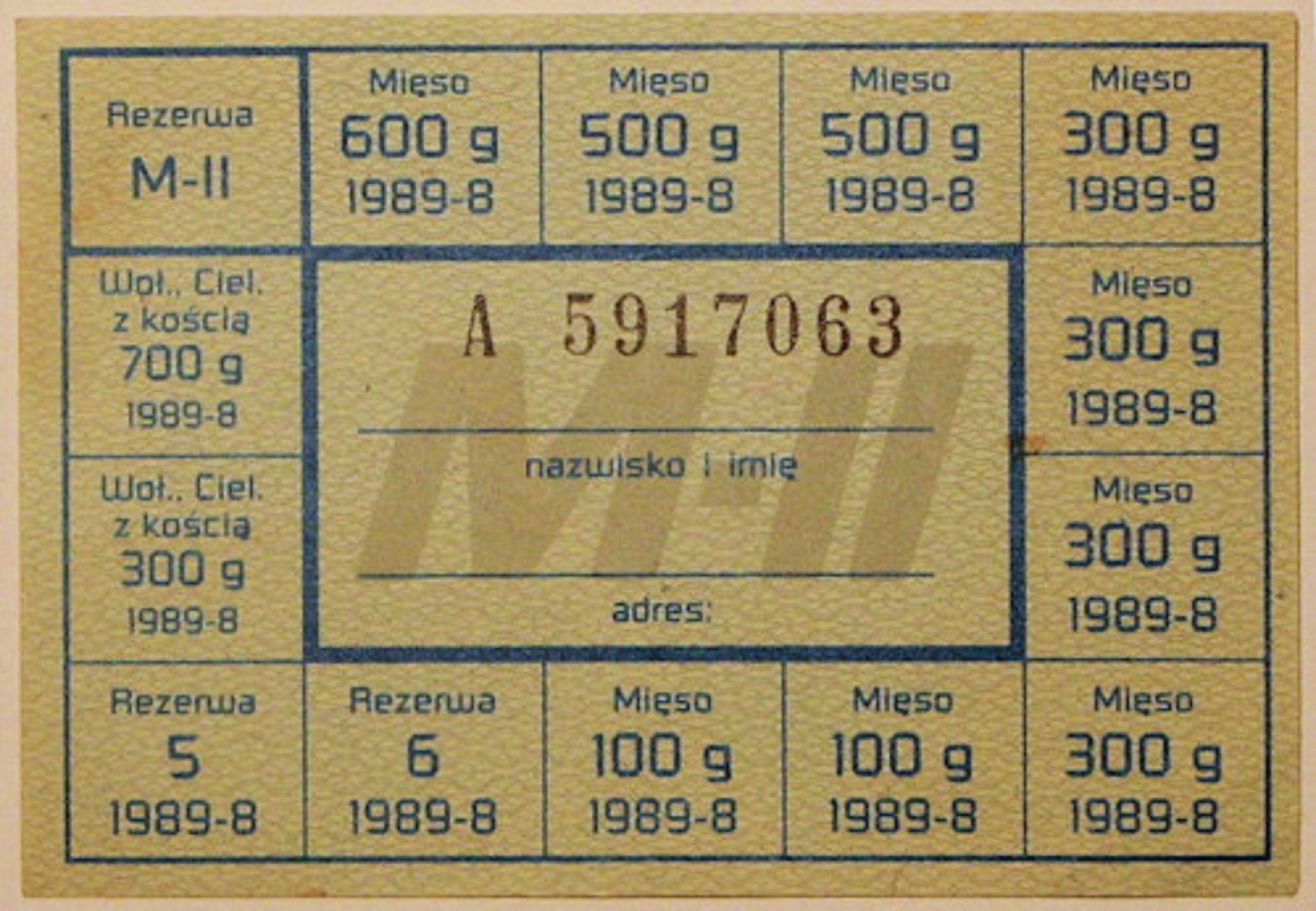In October 1956, when Władysław Gomułka became the First Secretary of the Polish United Workers’ Party (Polska Zjednoczona Partia Robotnicza, PZPR), the society started to hope for the liberalisation of the communist system and more social freedom. Such hopes, expressed mainly by the intelligentsia, proved to be vain.
In the autumn of 1957, the relations between the communist authorities and the intelligentsia deteriorated due to the closure of the Po prostu magazine and the withdrawal of permission to issue the literary monthly Europa. In the face of this ban, a group of writers left the party, including Jerzy Andrzejewski, Paweł Hertz, Adam Ważyk or Mieczysław Jastrun. It was also the time when a purge in the communist party was organised in order to “cleanse” its ranks from too liberal members who were called revisionists.
Another “victim” of the system was the Crooked Circle Club (Klub Krzywego Koła), an informal association established by the representatives of the non-communist left and revisionists and centred around Jan Józef Lipski and philosophers Maria Ossowska and Stanisław Ossowski. The club’s name referred to the name of the street in Warsaw Old Town where evening discussions had been organised since 1955. The communist authorities did not approve the independence of this environment; therefore, with time, it was recognised as opposition and disbanded in 1962.
In March 1964, Antoni Słonimski wrote the Letter of 34 to Prime Minister Józef Cyrankiewicz. It was signed by 34 outstanding representatives of Polish culture and science. The letter was an expression of opposition to the restrictions on the allocations of paper for the publication of books and periodicals and the tightening of press censorship. The signatories included people who in the 1950s were members of the Polish United Workers’ Party or had connections with the government (Jerzy Andrzejewski, Maria Dąbrowska, Jan Kott, Adam Ważyk), people who were independent left-wing intellectuals (Jan Józef Lipski, Maria Ossowska), not left-wing intellectuals (Stanisław Cat-Mackiewicz, Paweł Jasienica, Melchior Wańkowicz) and Catholics (Stefan Kisielewski, Zofia Kossak-Szczucka, Jerzy Turowicz). The content of the letter was widely spread in Western Europe by Radio Free Europe. As a result, some of the signatories were exposed to harassment and repression. For example, prominent writers Melchior Wańkowicz and Stanisław Cat-Mackiewicz, who had returned from the emigration a few years before, were arrested.
The Letter of 34 was the first group protest of intellectuals after 1945 and started the tradition of writing open letters to the authorities of the Polish People’s Republic criticising the violation of civil rights and liberties.





